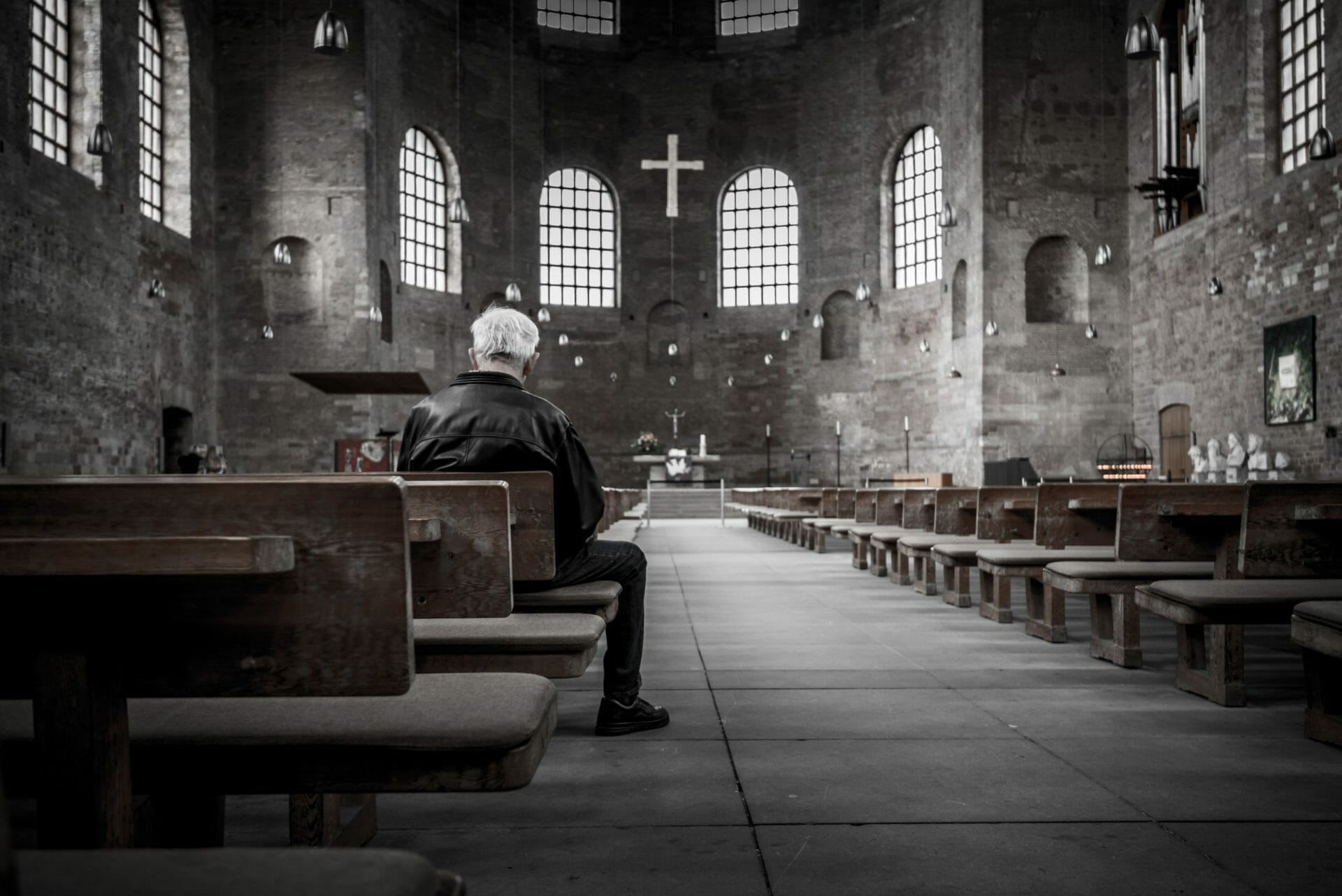There are some words that we use so often they lose their impact and meaning. Words like “sale” and “awesome” are good examples.
Likewise, we can use many church and religious words so much they become cliché.
One example is the word “worship.” So often, we use this word to refer to a scheduled event where people gather together to sing songs and listen to a person deliver a message. (“Worship is at 11:00 today.”) Or we use “worship” to refer to the act of singing together before a message. (“The pastor’s message was good and the worship was strong.”)
But using “worship” in these ways really dumbs down the truer sense of the word. In 1 Chronicles chapter 16, you get a rich taste of what “worship” really means. Worship is a positive reaction to the goodness and glory of God. Worship involves:
- Recognizing Who He is and what He’s done.
- Thanking Him for Who He is and what He’s done.
- Desiring to know Him and to know Him better.
- Proclaiming His character.
- Urging others to worship Him through your example.
Worship is so much more than music or a scheduled event. It’s a spiritual experience. It’s meeting God.
Yes, David did provide for music, musicians, and scheduled times of worship. But these were all means to an end…not the end itself. These things were to facilitate worship, not be worship.
When’s the last time you really worshipped? Not went to a service or sang songs of worship, but really, truly reacted to the goodness and glory of God? Maybe it’s time.



